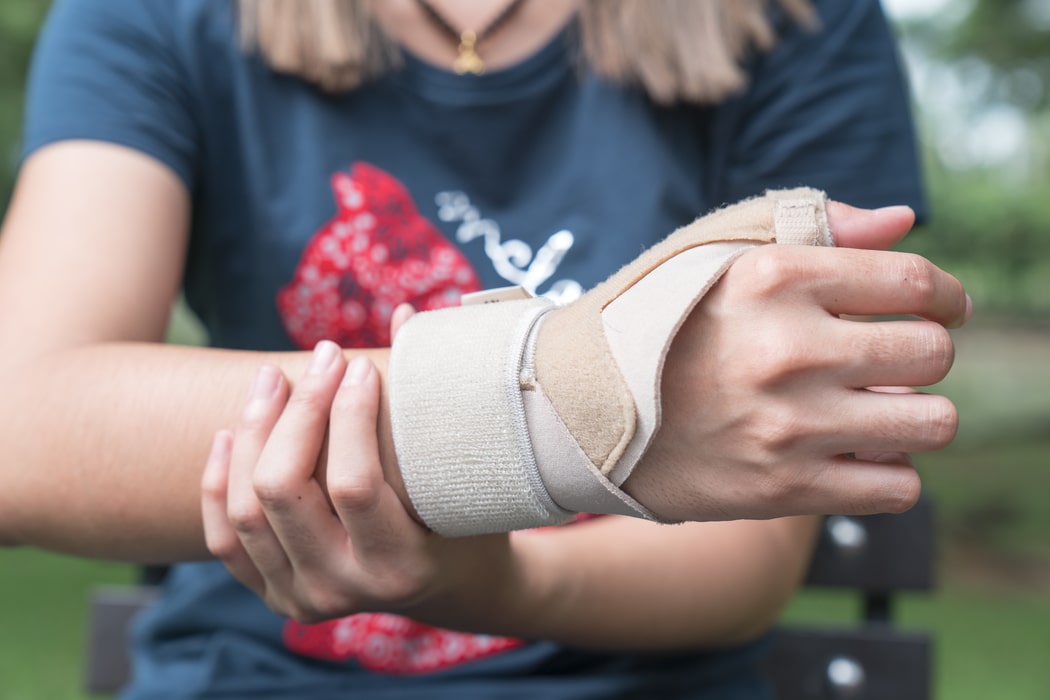
In order to win a personal injury suit, the plaintiff’s legal team must meet the burden of proof. This is a legal term that requires the plaintiff’s attorney to convince a judge or jury to believe something beyond a certain level of doubt. If the burden of proof is not met, the defendant is determined to be not liable for the act. Thus, the matter comes to a close. Our legal team is here to help you meet the burden of proof. We will help you obtain the financial compensation you need following your injury.
Defining the Burden of Proof in a Personal Injury Suit
In the context of personal injury cases, the burden of proof falls on the plaintiff. They have to prove by a preponderance of evidence the defendant committed the alleged act. The challenge is in presenting the proof in a convincing manner. Ultimately, the plaintiff must meet the judge’s or jury’s standard for the burden of proof. It is up to the injured party’s attorney to persuade the judge or jury that the defendant’s negligence is responsible for the injury in question. Furthermore, it is necessary to prove the medical treatment, suffering, lost wages, and other losses are actually related to the injury caused by the defendant’s negligence.
As long as the plaintiff’s attorney can meet the threshold for evidence to satisfy the burden of proof, liability falls to the defendant. The question is just how to make a convincing enough argument to convince the judge or jury to believe the defendant is responsible for the injury. The burden of proof is applicable to each distinct element of a claim as opposed to the entire case.
The Issue of “More Likely Than Not”
Personal injury lawsuits are civil matters. Such civil claims have a lower burden of proof compared to criminal cases. It is up to the plaintiff’s attorney to make a convincing case that it is more likely than not that his or her argument is true and the facts are as stated. The phrase “more likely than not”, also commonly replaced with the phrase “by a preponderance of evidence” means a jury considers the odds of the plaintiff’s version of the information to be true are a minimum of 51 percent and the odds of such statements being false are 49 percent or less.
Rising to the Challenge to Meet the Burden of Proof
Meeting the burden of proof is usually not an impossible mission. Especially in a civil case like a personal injury lawsuit. This is not to say a plaintiff could successfully represent him or herself in a pro se manner; rather, it is comparably easier to satisfy the burden of proof in civil cases than criminal cases. There is no need for a prosecutor to prove the accused party’s guilt beyond a reasonable doubt in civil cases. Unless they do not present considerable portions of important evidence of vital facts, typically referred to as elements of the cause of action. In this case, the final say as to whether a side has met the burden of proof will be with the judge or jury.
It is interesting to note the burden of proof is not always the responsibility of the plaintiff. In certain cases, the burden of proof moves to the defendant. This shifting of the burden of proof occurs when the defendant raises a factual matter as a defense strategy in the personal injury suit. For example, if a claim that the defendant was not registered as the owner of the vehicle that struck the plaintiff’s vehicle is raised, the defendant will face the burden to prove such a defense.
Are You Considering a Personal Injury Suit Following Your Injury? Our Legal Team is a Call Away
If you suspect another person or institution’s negligence (failure to provide due care) contributed to your injury, pain, medical bills, lost time at work, disability, or other expense, it is time to explore the possibility of a personal injury suit. Give the team at Lerner and Rowe Injury Attorneys a call at 844-977-1900. Our regular office hours are 8am to 5pm, yet we will take your call 24/7. Consultations are completely free. There is no fee unless we win your case. If you prefer to contact us online, click our LiveChat feature for assistance. Don’t hesitate on your right to compensation. Reach out to us today!